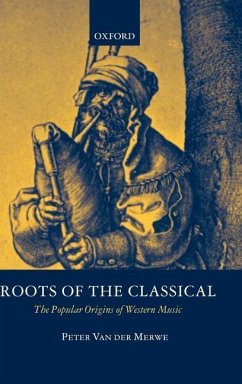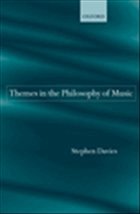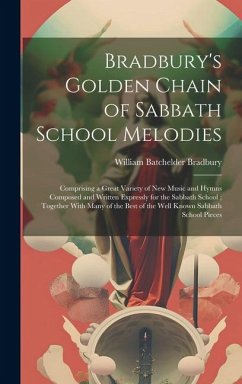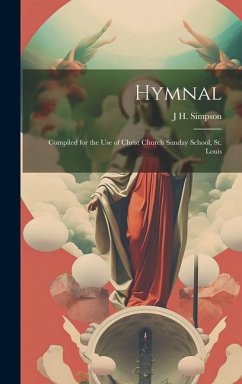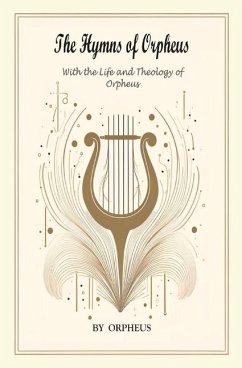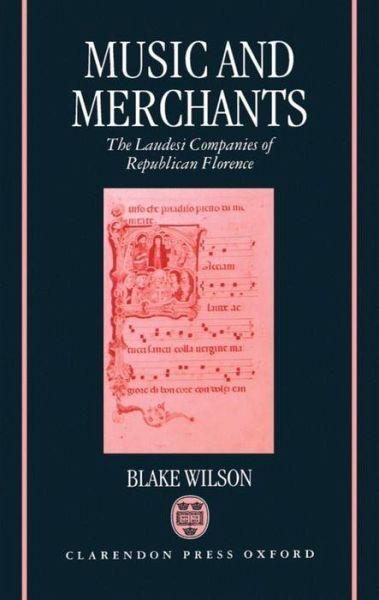
Music and Merchants - The Laudesi Companies of Republican Florence
Versandkostenfrei!
Versandfertig in 1-2 Wochen
208,99 €
inkl. MwSt.

PAYBACK Punkte
104 °P sammeln!
For all that has been written about Renaissance Florence we know relatively little about its musical life, its religious life, and the aspirations of its average citizens. This book contributes significantly to all understanding of all of these by documenting and interpreting the corporate patronage of an important Florentine musical repertory over a period of some 200 years. From the late thirteenth to the early sixteenth centuries at least twelve lay confraternities sponsored a widespread musical activity involving a specialized network of singers and instrumentalists. The meticulous records...
For all that has been written about Renaissance Florence we know relatively little about its musical life, its religious life, and the aspirations of its average citizens. This book contributes significantly to all understanding of all of these by documenting and interpreting the corporate patronage of an important Florentine musical repertory over a period of some 200 years. From the late thirteenth to the early sixteenth centuries at least twelve lay confraternities sponsored a widespread musical activity involving a specialized network of singers and instrumentalists. The meticulous records kept by these companies reveal a wealth of information about the musicians' conditions and patterns of activity, the central role of music in the companies' vernacular liturgy (especially as conditioned by bequests), and vital performance practice issues such as the role of instruments in vocal performance, the shift from monophonic to polyphonic practice, and the interaction of written and unwritten musical traditions. Because the companies were, in many respects, both a microcosm and characteristic manifestation of this remarkable Renaissance city, the author also seeks to explain how mendicant spirituality, guild society, and devotional images and imagination provide the essential context for understanding the function and significance of laudesi practice and repertoire. This book well be welcomed not only by musicologists, but by Italianists and late medieval and early modern scholars in general.




